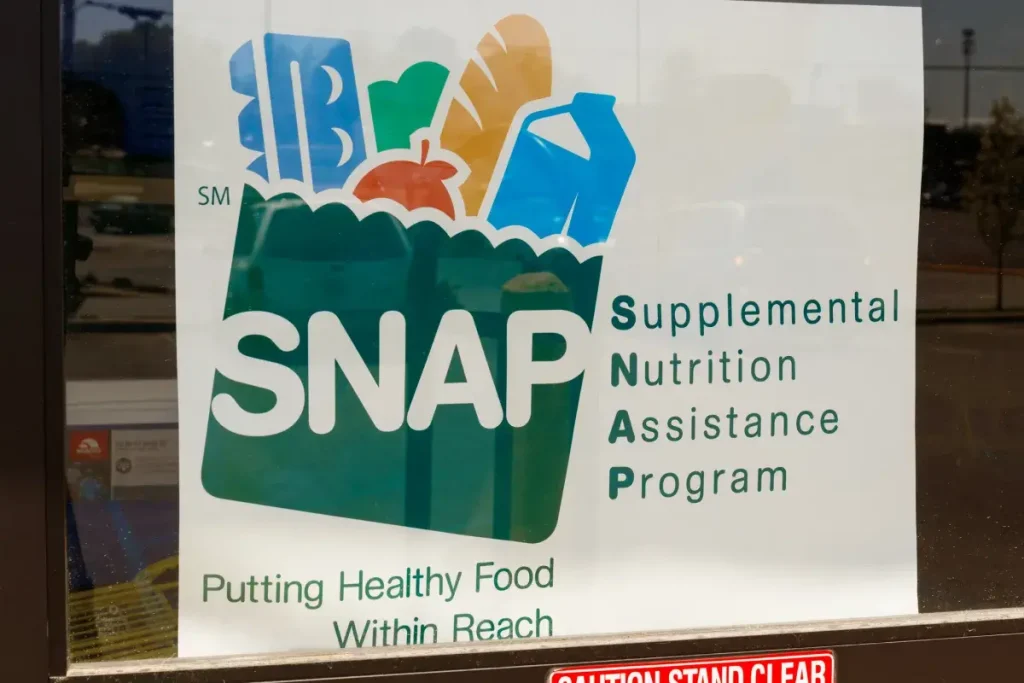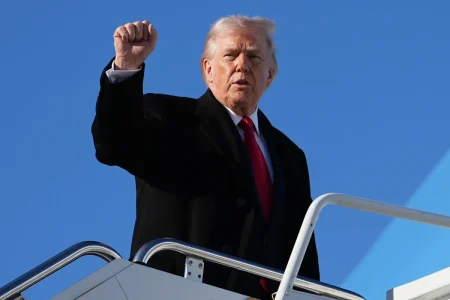Food Assistance in Jeopardy as Government Shutdown Threatens Millions
The ongoing government shutdown, now stretching beyond three weeks, has placed millions of Americans on the brink of a hunger crisis. Louisiana Governor Jeff Landry delivered alarming news when he announced that starting November 1st, SNAP benefits—which provide essential food assistance to nearly 850,000 state residents—will halt completely unless Congress reaches a budget agreement. This isn’t just a Louisiana problem; nationwide, approximately 42 million Americans who rely on this nutritional safety net face similar uncertainty. For struggling families who depend on this assistance to put food on the table, the news represents more than just a political inconvenience—it’s a potential emergency that threatens their most basic needs. The sudden cutoff could force impossible choices between paying for food, medicine, housing, or other essentials, with children, seniors, and disabled individuals bearing the heaviest burden.
The impact of this looming crisis extends far beyond Louisiana’s borders. Florida officials have warned that benefits may be delayed for 2.9 million residents, while California’s Department of Social Services has indicated that approximately 5.5 million people could lose access to food assistance if the shutdown continues past October 23rd. Similar warnings have emerged from Minnesota, Wisconsin, and North Carolina. These announcements paint a troubling picture of a nationwide food security emergency developing in slow motion. SNAP represents more than just a government program; it’s a lifeline for working families struggling to make ends meet, retirees on fixed incomes, and people with disabilities. For many recipients, these benefits—which average about $190 per person monthly—make the critical difference between having enough food and going hungry.
State officials have been vocal about their limited options as the federal funding deadline approaches. Governor Landry emphasized that while states administer SNAP benefits, they cannot provide them without federal funding. “We simply administer the program here in Louisiana. Without the funds, we cannot provide the benefits,” he stated. Louisiana Department of Health Secretary Bruce D. Greenstein added a sobering note, informing recipients that no new benefits will appear on their cards starting November 1st unless the federal government reopens. For those living paycheck-to-paycheck or dealing with unexpected expenses, this sudden loss of food assistance could be devastating. Anti-hunger advocates like Claire Borzner from Share Our Strength have called on both the USDA and state agencies to “do everything in their power” to prevent benefit disruptions while urging Congress to reach a bipartisan agreement.
The shutdown’s origins lie in Congress’s failure to approve a budget or temporary funding bill before the federal fiscal year ended on October 1st. Though SNAP is classified as a mandatory program, its continuation depends on congressional funding approval. Without a budget or stopgap measure, the USDA lacks the authority to distribute new benefits beyond what was previously funded. The impasse has created a ticking clock for benefit programs across the country, with SNAP being among the most critical due to its direct impact on food security for millions. Many recipients have already begun rationing their remaining benefits, uncertain about when—or if—the next payment will arrive. Food banks and community organizations report increasing anxiety among those they serve, with many preparing for a potential surge in demand should benefits be interrupted.
The political standoff shows little sign of resolution despite the growing human cost. The shutdown has created a stark divide in Washington, with each side blaming the other for the continued closure. Republican Governor Landry pointed to the Democratic-led Senate, saying, “The U.S. House under Speaker Mike Johnson has already acted to reopen the government. Our U.S. senators representing Louisiana have voted over and over again to reopen the government.” Meanwhile, Senate Majority Leader Chuck Schumer has placed responsibility squarely on Republicans, arguing they “should sit down and negotiate a way to address this crisis. They caused it, they’re the ones maintaining it.” President Trump has characterized Democrats as “obstructionists” for not advancing funding measures, while Democrats cite Republicans’ unwillingness to negotiate on extending Affordable Care Act subsidies as the primary obstacle.
As the November 1st deadline approaches, families across America face an increasingly anxious wait. Without a breakthrough in negotiations, millions could soon find themselves without the food assistance they rely on to feed their families. The situation highlights the real-world consequences of political gridlock—where abstract budget debates translate into empty refrigerators and missed meals for vulnerable Americans. Hunger relief organizations are preparing emergency responses, but acknowledge their resources cannot match the scale of need if SNAP benefits are suspended nationwide. For the millions who depend on this assistance, the coming days will be filled with uncertainty as they watch Washington for signs of resolution. What remains clear amid the political finger-pointing is that ordinary Americans—particularly those already facing economic hardship—stand to bear the heaviest burden of this continued government shutdown.















